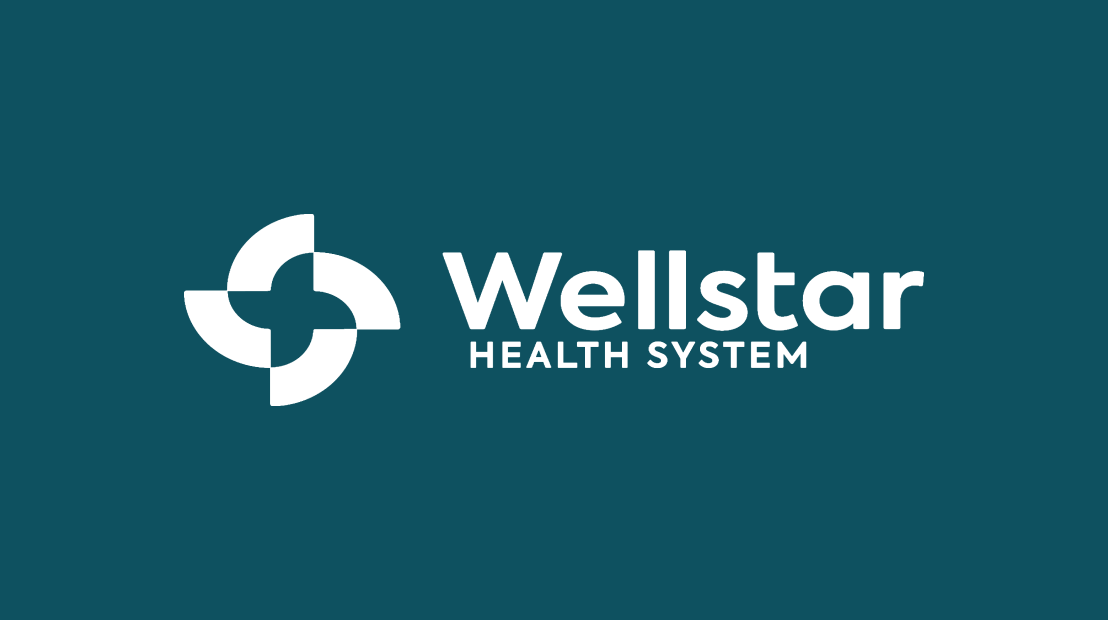Wellstar Health System is nationally ranked and locally recognized in Georgia for its high-quality integrated care approach. The 9-hospital health system, which also includes 300+ medical facilities encompassing imaging, urgent care, and rehabilitation, has a reputation for delivering on their brand promise of “More than Healthcare. Peoplecare.” Wellstar intentionally listens in communities it serves, understanding what patients want, need, and expect from a healthcare provider.
But they don’t stop at listening. Wellstar is blazing new trails in enabling the personalized care that patients are asking for – never taking a one-size-fits-all approach. At the center of this strategy is a best-in-class technical foundation that provides an actionable, unified patient view that can be used to form new insights and deliver highly targeted and personalized patient experiences. To power this foundation, Wellstar partnered with their longtime trusted partner, Microsoft, adopting Microsoft Cloud for Healthcare technology.
The challenge
To realize their vision, Wellstar would need to ingest data from various legacy systems into Microsoft Cloud for Healthcare, and then normalize it to make it available for compute and analysis using cloud-native tools including Microsoft Dataverse, Microsoft Dynamics, Customer Insights, Azure Synapse Analytics, and PowerBI. The team hit some significant roadblocks when attempting to enable the real-time ingestion of appointments and encounter clinical data from Wellstar’s Epic EHR into Microsoft’s Healthcare APIs. At the heart of the challenge was transforming data using the legacy HL7® v2® standard to the more modern HL7 Fast Healthcare Interoperability Resources (FHIR®) standard used by Microsoft and most cloud services providers. Wellstar had pursued a number of different solutions for this challenge but were not making progress as quickly as they would have liked. While HL7v2 is a data “standard,” implementation can vary by up to 20%, making transformation to FHIR at speed and scale a significant challenge for a system of Wellstar’s size.
The solution
Wellstar reached out to Redox for help based on our expertise in HL7v2, FHIR, and strong partnership with Microsoft. Redox also has a track record at Wellstar that boosted confidence – successfully integrating multiple digital health applications with Wellstar’s Epic instance over the past decade. These existing connections could be re-used to accelerate the flow of data into Microsoft.
With deep technical expertise, and an in-depth understanding of the nuance that unique business context can create in the implementation of EHRs and data standards, Redox boosted collaboration across teams and accelerated the work at Wellstar where others hadn’t. Redox completed the backload of 18 million messages and delivered the speed and scale necessary to support the ongoing real-time delivery of 8 million messages/month from Epic to Azure.

